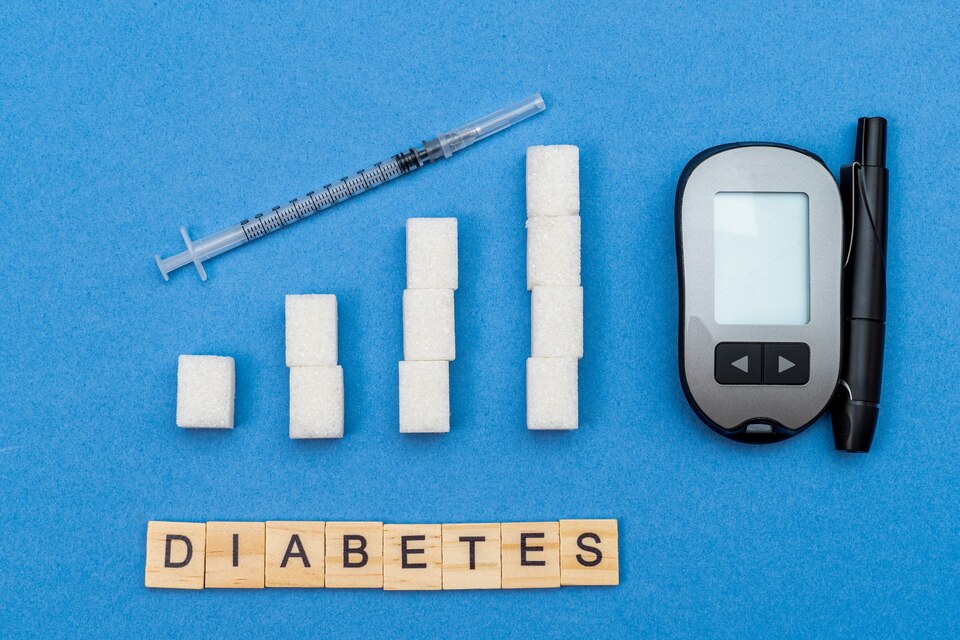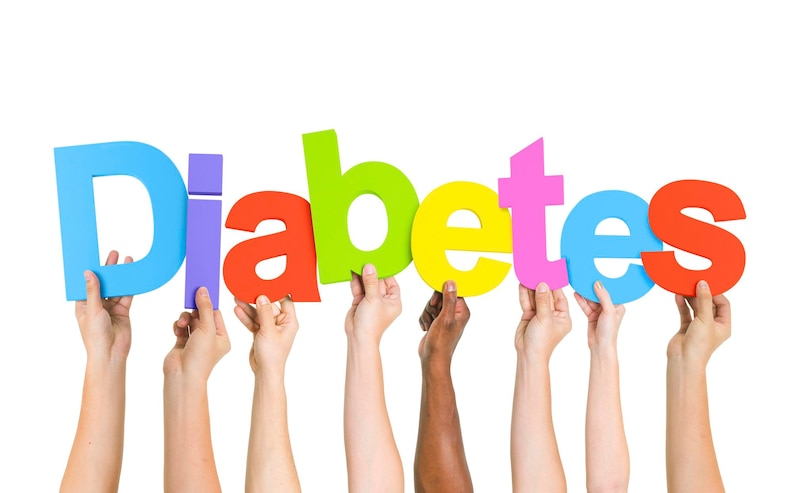In a world where health challenges abound, the concept of reversing diabetes has sparked hope and curiosity among individuals looking to regain control of their well-being. This comprehensive guide dives into the realm of Diabetes Reversed, shedding light on its attainability through lifestyle changes. With expert insights, informative FAQs, and actionable advice, this article unveils the potential for a healthier and more vibrant life.
Diabetes Reversed: A New Beginning
Diabetes Reversed is not a myth but a reality achievable through a holistic approach to health. By focusing on diet, physical activity, and overall well-being, individuals can effectively manage and even reverse diabetes.
Understanding Diabetes and Its Impact
Diabetes is a chronic condition characterized by high blood sugar levels. It affects millions worldwide, leading to a range of complications such as cardiovascular issues, kidney problems, and nerve damage.
Lifestyle as the Key to Reversal
Lifestyle changes play a pivotal role in reversing diabetes. By adopting healthier habits, individuals can enhance insulin sensitivity, manage blood sugar levels, and improve overall health.
The Power of Balanced Nutrition
A balanced diet is paramount in the journey to reverse diabetes. Incorporate whole foods, fiber-rich choices, lean proteins, and healthy fats to promote stable blood sugar levels.
Incorporating Physical Activity
Regular exercise contributes significantly to Diabetes Reversed. Engaging in aerobic activities, strength training, and flexibility exercises can enhance insulin utilization and support weight management.
Stress Management and Its Role
Stress impacts blood sugar levels, making stress management essential. Practice relaxation techniques, mindfulness, and hobbies to curb stress and improve diabetes management.
Quality Sleep for Improved Health
Adequate sleep is crucial in regulating hormones and managing diabetes. Prioritize a consistent sleep schedule and create a conducive sleep environment for optimal health.
The Influence of Hydration
Staying hydrated is often underestimated in diabetes management. Water aids in blood sugar regulation, digestion, and overall vitality.
Mindful Eating Practices
Practicing mindful eating fosters a healthier relationship with food. Pay attention to hunger cues, savor flavors, and avoid overeating.
The Role of Natural Supplements
Certain supplements, such as cinnamon, berberine, and chromium, have shown potential in improving insulin sensitivity and blood sugar control.

FAQs:
A: Yes, Type 2 diabetes can be reversed through lifestyle changes, including a healthy diet and regular exercise.
A: Limiting processed sugars, refined carbohydrates, and unhealthy fats is advisable for better diabetes management.
A: Weight loss, even as little as 5-10%, can significantly improve insulin sensitivity and blood sugar control.
A: Yes, by committing to sustained lifestyle changes, Diabetes Reversed can be maintained over time.
A: Depending on individual circumstances, healthcare professionals may adjust medication as lifestyle changes take effect.
A: Genetics can influence diabetes risk, but lifestyle changes remain effective in managing and reversing the condition.
Conclusion: A Journey of Empowerment
Diabetes Reversed is not an unattainable dream, but a journey of empowerment. By embracing healthier habits, individuals can rewrite their health story and pave the way for a brighter, more vibrant future. Remember, each small step contributes to a more significant transformation, making Diabetes Reversed a beacon of hope for all.









Leave a Reply